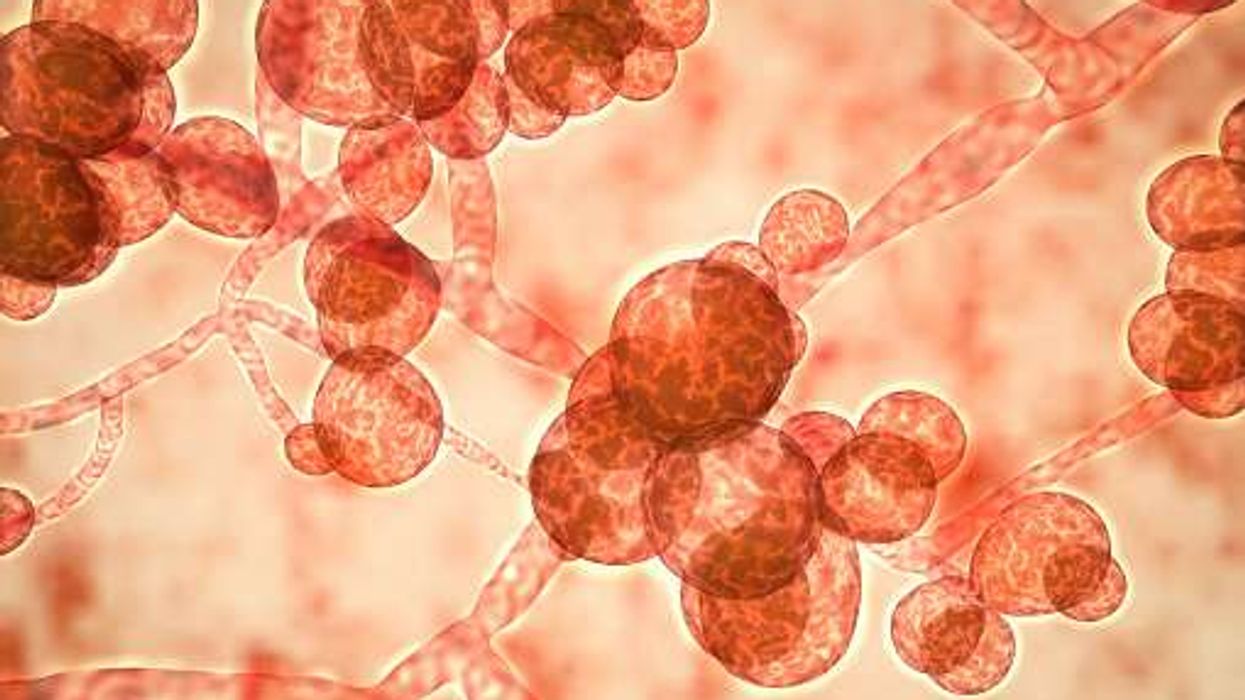Key Summary
- C. auris cases rising in UK hospitals, warns UKHSA.
- The yeast spreads easily and can cause severe bloodstream infections.
- Hand hygiene and protective gear urged to stop its spread.
UK Health Security Agency (UKHSA) has reported a rise in cases of Candidozyma auris (C. auris), a type of yeast pathogen that often spreads in hospitals.
The yeast usually survives on human skin and inside the body, but when it enters the bloodstream, it can cause severe infection.
A direct contact with an infected person or surrounding is a common cause of its spread. It can be picked from bed linen, equipment or other people’s hands
Shockingly, it can also stay in human bodies for a very long time.
C.Auris was first isolated in Japan in 2009 and its presence is now being recorded in over 40 countries.
A major threat of this infection is its asymptomatic nature, with many carrying the infection without being aware of it.
Hospitals provide necessary tests to ensure the presence of C. auris.
If positive, the healthcare professionals provide them with all the necessary medical guidance.
The UKHSA said, “People who are carrying C. auris do not need to be treated for this, as it is not harmful. However, there are certain actions they should take to reduce the risk of spreading it to other people in healthcare settings.”
“If someone who is carrying C. auris is admitted to hospital, or it spreads to someone else in hospital, there is a risk it may enter their body or bloodstream, for example during an operation or if they have a catheter or drip inserted.”
"C. auris is difficult to completely remove from the environment, and it is easy to pick up from bed linen, equipment or other people’s hands. Currently, most people who will be tested for C. auris are either already in hospital as a patient or are being admitted to hospital,” reminded the UKHSA.
The UKHSA has recommended that those visiting hospitals should wash their hands with soap and water or use an alcohol-based hand rub (if their hands do not look dirty) “before and after touching patients, and before entering and leaving the patient’s environment.”
“Visitors helping with patient care may also be asked to wear gloves and a gown or plastic apron to help prevent the spread of C. auris,” they added.













